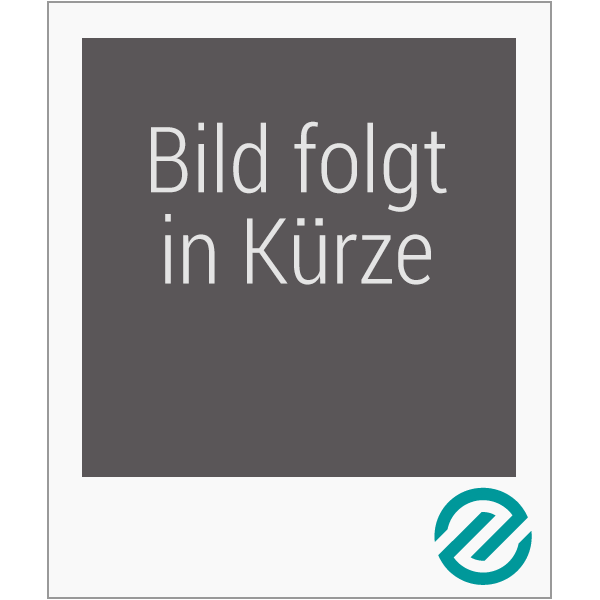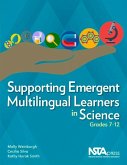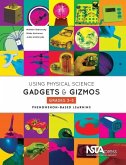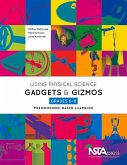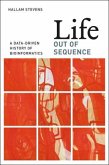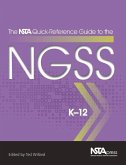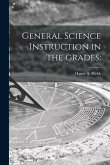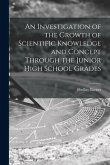"I designed Instructional Sequence Matters, Grades 9-12: Explore-Before-Explain in Physical Science primarily for high school teachers wanting to address new standards while ensuring their students leave success-ready. Instructional Sequence Matters is all about explore-before-explain teaching, which is not a prescribed program but a way of thinking more purposefully and carefully about the nature of how we design instruction. Explore-before-explain teaching acknowledges the critical role that explorations and explanations play in learning. By being strategic about the sequence of instructional activities, teachers can create greater conceptual coherence for students and promote long-lasting understanding. The book is also a useful resource for translating research into instructional practice. While there is often a gulf between educational research and direct classroom applications, explore-before-explain begins to fill that void. Thus, this book provides a useful resource for professional learning communities (PLCs) and serves as a guide for professional development workshops emphasizing research-based strategies for science teaching. The high school version of Instructional Sequence Matters retains the strong features of the companion books for grades 6-8 and 3-5. Among these features is an emphasis on the 5E (Engage, Explore, Explain, Elaborate, and Evaluate) and POE (Predict, Observe, Explain) Instructional Models. In addition, throughout the text, the theme of reform-based teaching is stressed. Included are many examples of seamless translation of explore-before-explain teaching and the three dimensions of the Next Generation Science Standards (NGSS Lead States 2013): (1) science and engineering practices, (2) disciplinary core ideas, and (3) crosscutting concepts. These standards are described and closely connected to every aspect of the model lessons illustrating key physical science topics. The model lessons in this book have been greatly expanded to provide a more expansive exploration of the physical science topics under study. Teachers will learn several strategies for engaging students in tackling engineering design problems (Chapter 7), using algebraic and mathematical reasoning (Chapters 8 and 9), reading technical texts (Chapter 9), developing their own inquiries called "next step" investigations (Chapter 9), and writing argumentative essays (Chapter 10). The model lessons illustrate that students need a different type of educational experience to be prepared for an evolving workforce landscape"--
Hinweis: Dieser Artikel kann nur an eine deutsche Lieferadresse ausgeliefert werden.
Hinweis: Dieser Artikel kann nur an eine deutsche Lieferadresse ausgeliefert werden.

